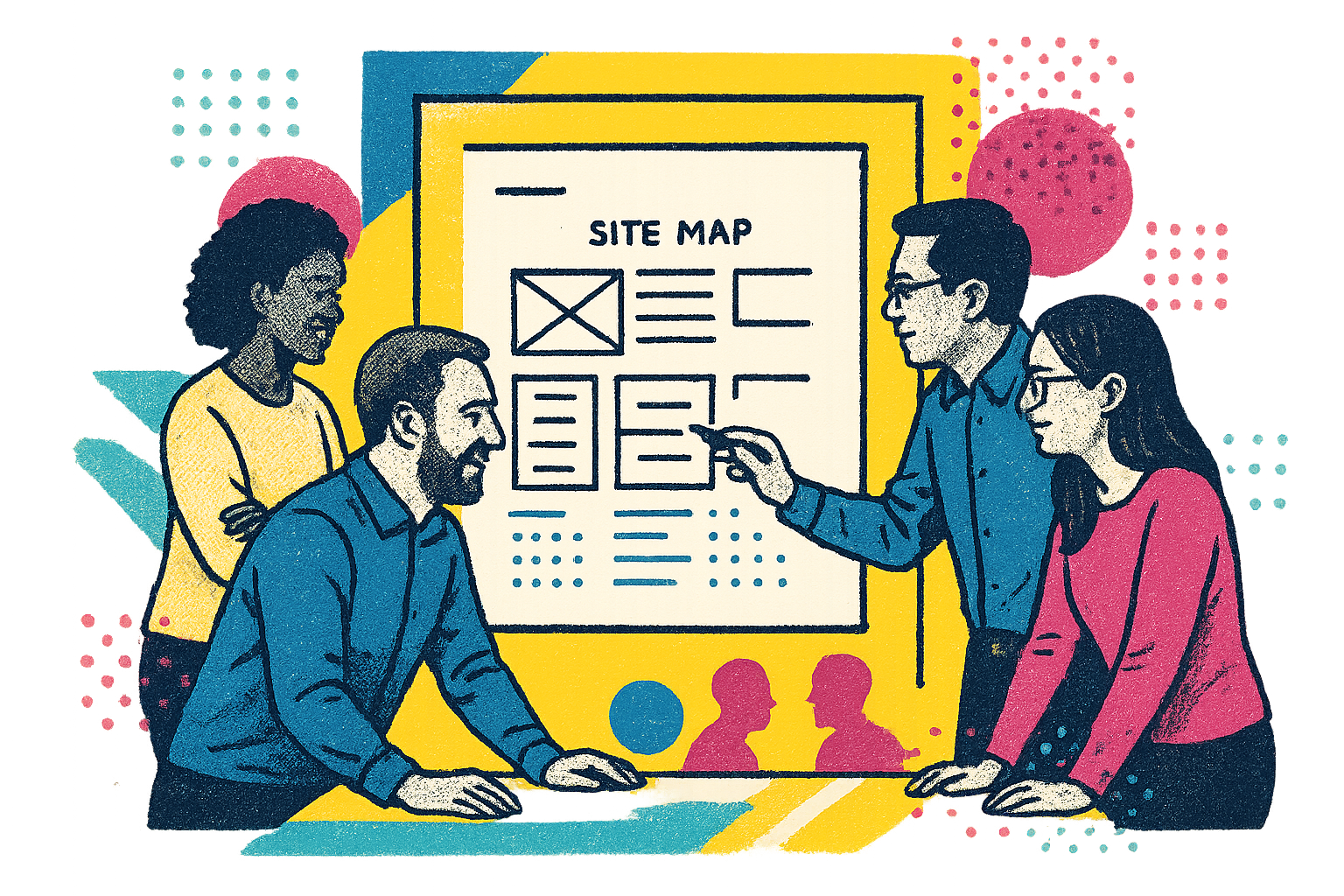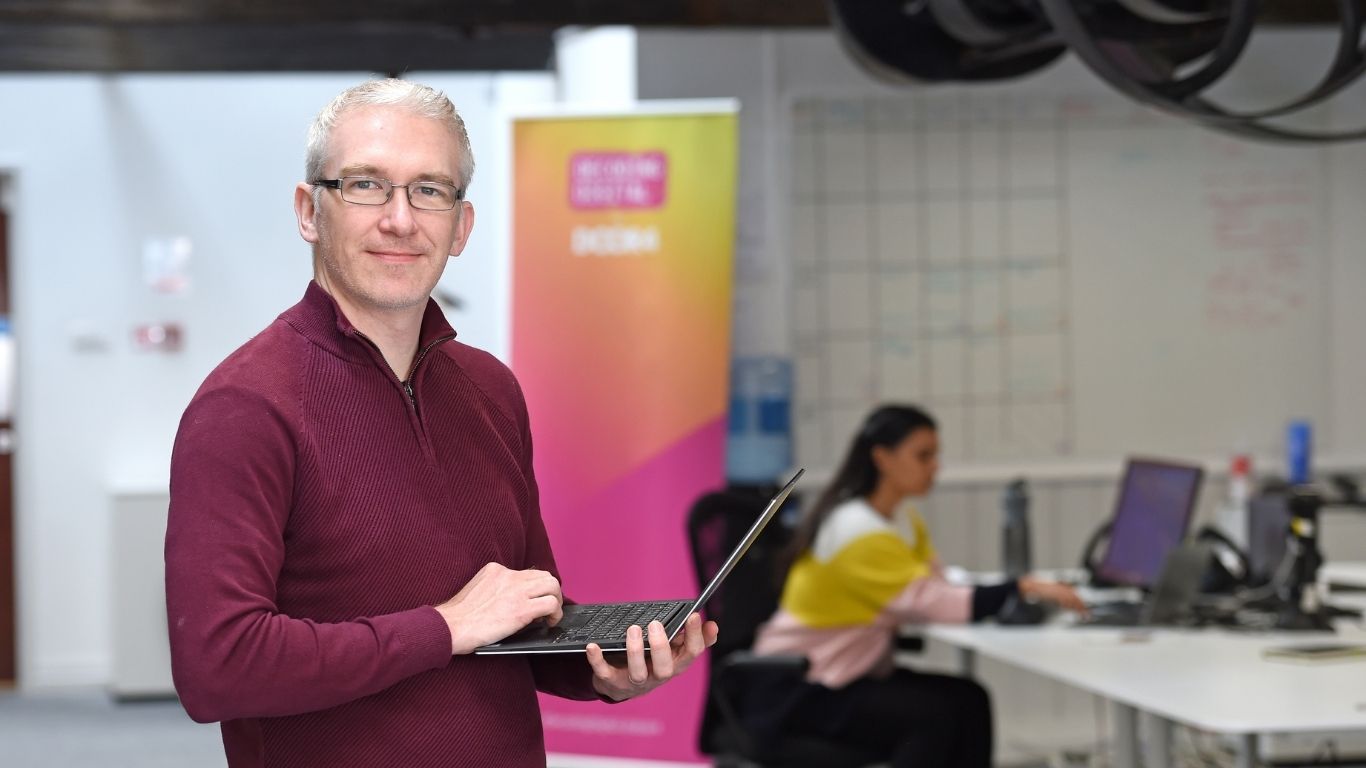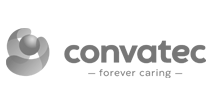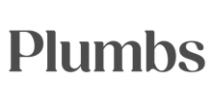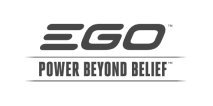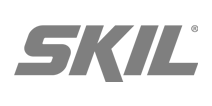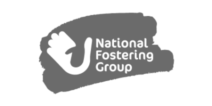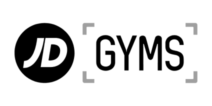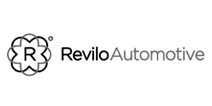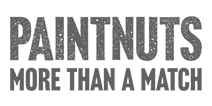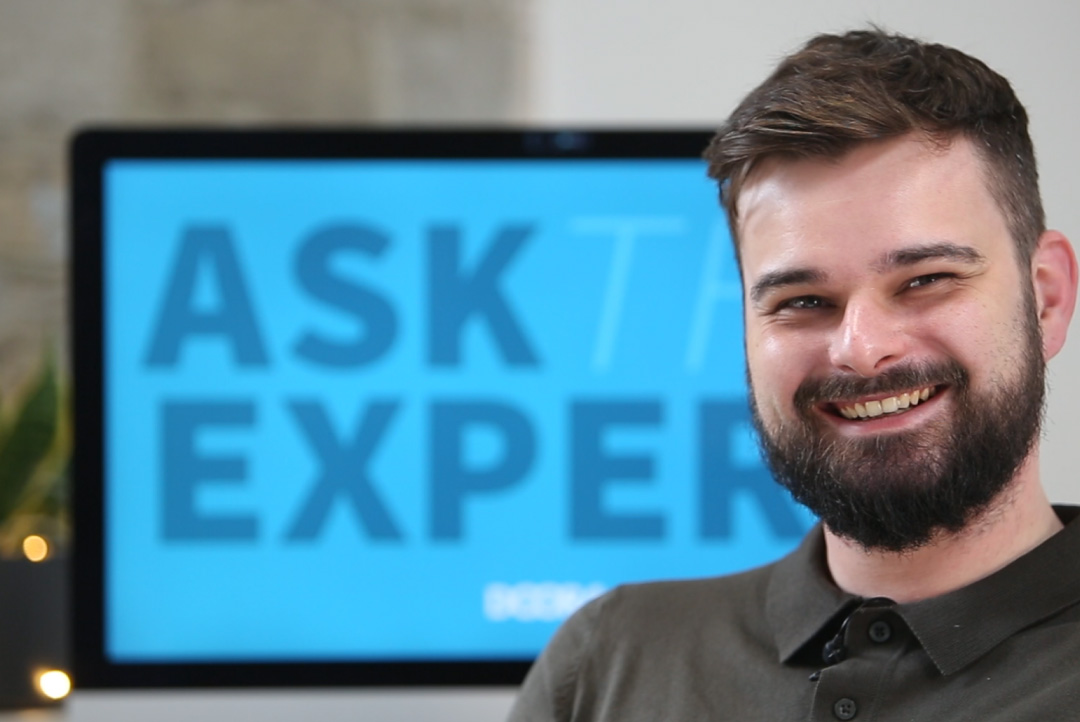Once upon a time, SEO was a bit like NATO – people had heard of it and knew it was supposed to be great, but didn’t know what the letters meant.
Now, of course, everyone knows they stand for Search Engine Optimisation (AKA organic search). And, for clarity, what they mean for your business is visibility.
What is SEO?
Getting your content in front of your audience is a decades-old discipline that has changed hugely over the years (and continues to do so).
Like the Olympics, to get to the top, it takes hard work and talent – cheaters and quick fixers get caught (and kicked off page one).
You’re more likely to get there working with people – like experts from an SEO services company or digital agency – who have the expertise to guide and support your efforts.
Ignore guarantees of ‘top of Google’ and seek an SEO business who’ll analyse your online performance, then help build a strategy to grow it.
How does SEO work?
Google’s MO has always been to serve any user search enquiry with the best possible information. How Google rates the page you want to rank will depend on:
- Quality (how useful, informative and well researched the content is)
- Relevance (how well the content addresses the searcher’s enquiry)
- UX (how user-friendly the page is, particularly in regard to the device used for access)
- Page speed (how quickly it loads – large images and videos beware!)
- Bounce rate (how often and how fast users click away from the page after arriving)
- Link profile (how many/what type of sites link to your page – and their relevance to your content)
- Domain authority (how ‘trusted’ your site is in this area – also applies to the sites that link to you as well)
And other factors too numerous to list.
On-page and off-page SEO
Broadly, your SEO will fall into two categories: on-page and off-page.
- On-page SEO refers to the optimisation of everything you have control over on the page itself. It includes the things you can see on the page, like keywords, copy, images and CTA buttons, plus meta information, title tags and friendly URLS.
- Off-page SEO are elements that you don’t have control over but which you can influence, like backlinks, guest blogging, digital PR, and Google My Business optimisation.
What are some common SEO tactics?
Starting with your on-page SEO – certain steps are the bare minimum, such as a relevant title and using H1, H2, H3 tags for headings and sub-headings (not just formatting them in bold).
You’ve got your general site configuration considerations like crawlability – sitemaps, robots.txt directives, canonicals, and redirects (broken URLs).
Also, keywords and long-tail phrases you want to rank for should be included – not shoehorned – as part of the page’s natural language (ask your copywriter).
And the meta description – this is what Google uses as the ‘preview’ text of your page in the search results – like a taster ad to get that ‘clickthrough’. It’s excellent advertising real estate in SERPS and worth remembering that you get points knocked off for its absence.
Once someone visits your page, a great user experience (UX) should kick in – no desktop version only, or endless buffering, or image loading! Your customers want a fast response.
Off-page, your link building strategy applies – getting trusted, relevant domains to link to yours, increasing both your visibility and traffic.
How do I increase conversions with SEO?
Hand-in-hand with SEO goes CRO (Conversion Rate Optimisation), which creates the best chance of a user performing a desired action on your page.
A desired action might be:
- Buy something
- Join a mailing list
- Ask for a call back
- Complete a survey
- Download a brochure
- Signup for a trial
Or countless other actions – but without conversions, all that visibility without a UX pay-off is like attracting customers to a shop with nothing on the shelves.
The science of CRO is much like SEO – reliant on testing, trialling, analysing, then doing it all again. Both are long-term strategies that build resilience and performance over time.
Takeaways
In a nutshell, content SEO increases your visibility, which in turn increases your traffic, while on page work increases your conversions.
But here’s the thing.
- If it sounds hard, it is.
- If it sounds boring, it can be (not to us, we love it – but it does require patience).
- If it sounds impenetrable and futile – it’s not, we can demystify it for you with strategy and clarity and transparency of reporting.
It does take time, resource, commitment, and a resolve not to aim for shortcuts or unrealistic results.
Any SEO business worth working with won’t blow smoke or promise anything beyond your budget.
But instead, be ready to be challenged until you attract traffic you never thought possible and conversions you never conceived.
Interested in getting started with SEO?
Want to go beyond simple SEO plugins and get strategic about your organic search and CRO, to see real long-term results?
Get in touch today, or if you know someone who might be interested in talking to a SEO marketing agency, please share this content.
Photo by Chase Clark on Unsplash
-
 17.05.2021|What was once a cloak and dagger practice of keyword stuffing, cloaking and PBNs, SEO is now, or should be, an everyday discipline of the modern marketer.
17.05.2021|What was once a cloak and dagger practice of keyword stuffing, cloaking and PBNs, SEO is now, or should be, an everyday discipline of the modern marketer. -
 09.07.2020|How do you optimise website content and SEO strategy to Google’s E-A-T? Learn more about the three pillars, with practical tips and examples.
09.07.2020|How do you optimise website content and SEO strategy to Google’s E-A-T? Learn more about the three pillars, with practical tips and examples. -
 27.11.2019|Not a copywriter but still need to write copy? Whether you love or loathe making pixels into words, here’s valuable insight into how the pros craft good web copy.
27.11.2019|Not a copywriter but still need to write copy? Whether you love or loathe making pixels into words, here’s valuable insight into how the pros craft good web copy.
We have a lot to talk about.
ScrapbookDoor4 opinions and insight - our articles features and ramblings.
We explore performance marketing, AI, communications and optimisation.

